Game developer Riot Games announced Monday that it has reached a settlement agreement in a lawsuit against the company to pay $80 million to women who faced harassment and discrimination in the workplace while working for them, along with $20 million in “attorney fees and miscellaneous expenses,” according to a statement from the company.
The settlement, reached between Riot, California’s Division of Labor Standards Enforcement, the state’s Department of Fair Employment and Housing and “several private plaintiffs,” applies to “all current and former full-time employees and temporary agency contractors in California who identify as women and worked anytime from November 2014 to present,” according to the statement. According to a statement from the DFEH, the agreement applies to “approximately 1,065 women employees and 1,300 women contract workers.” Riot also agreed to having its reporting and pay equity practices monitored by an unnamed third party, one approved by the DFEH and Riot, for the next three years.
The settlement, while agreed upon, has yet to be approved in court. That will happen, according to the statement, during a hearing in “the coming months.” This settlement comes after an initial agreement of $10 million on Dec. 2, 2019, was withdrawn because of complaints from the DFEH that the amount was too low.
“This is a great day for the women of Riot Games – and for women at all video game and tech companies – who deserve a workplace that is free of harassment and discrimination,” said Genie Harrison, who took over legal counsel on behalf of the class in February 2020. “We appreciate Riot’s introspection and work since 2018 toward becoming a more diverse and inclusive company, its willingness to take responsibility for its past and its commitment to continued fairness and equality in the future.”
The lawsuit, which began in 2018 following a report from Kotaku about the “bro culture” at the Santa Monica, California-based company, has seen many twists during the past three years. Riot’s response to the allegations and employee feedback, too, has shifted, with the company saying in a statement that Riot “hadn’t always lived up to our values” prior to 2018.
“As a company we stood at a crossroads; we could deny the shortcomings of our culture, or we could apologize, correct course and build a better Riot. We chose the latter,” Riot said in the statement. “We’re incredibly grateful to every Rioter who has worked to create a culture where inclusivity is the norm, where we’re deeply committed to fairness and equality and where embracing diversity fuels creativity and innovation.
“While we’re proud of how far we’ve come since 2018, we must also take responsibility for the past. We hope that this settlement properly acknowledges those who had negative experiences at Riot and demonstrates our desire to lead by example in bringing more accountability and equality to the games industry.”
This is a developing story.


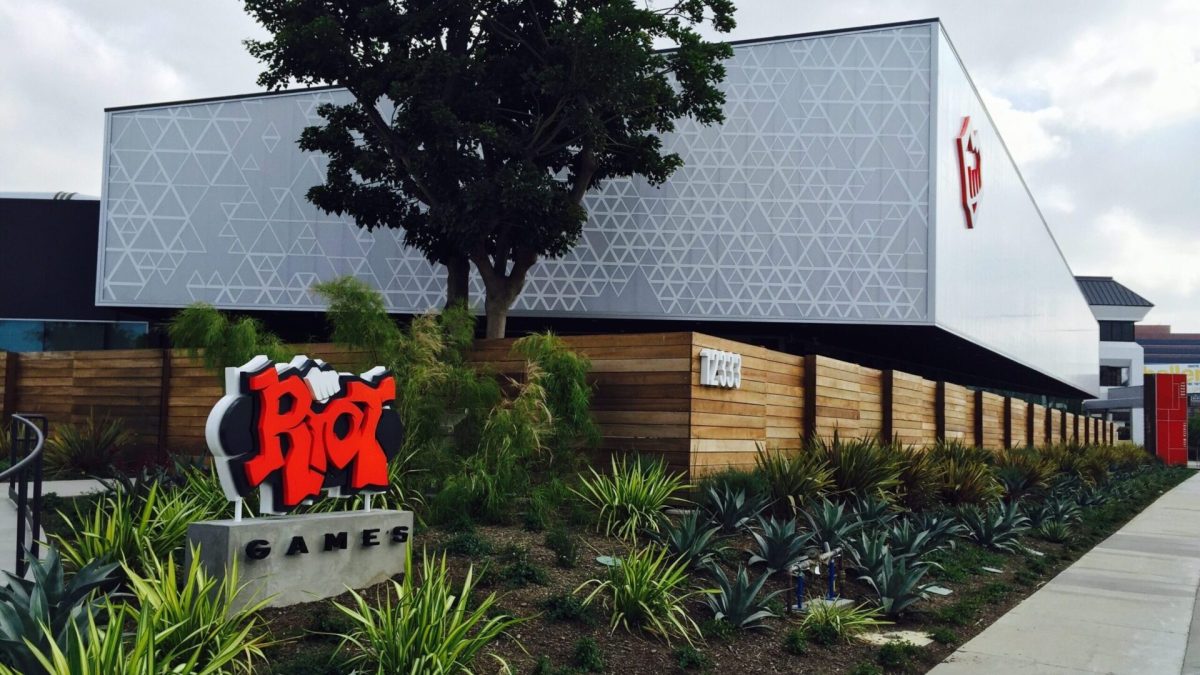
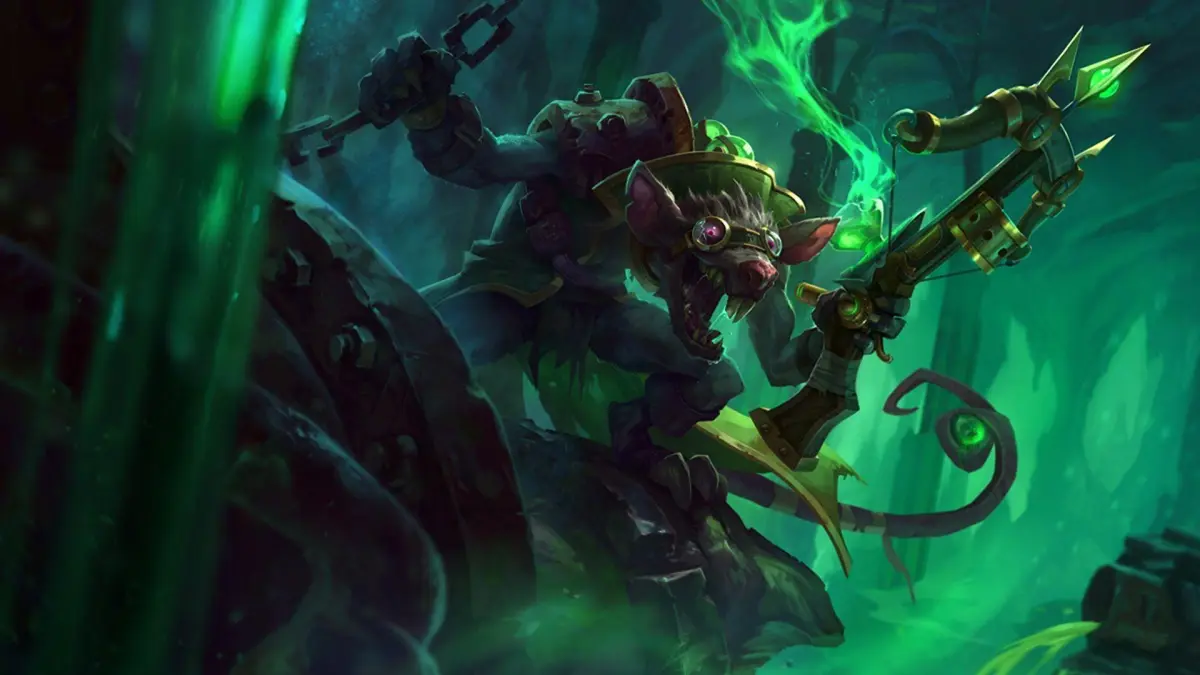
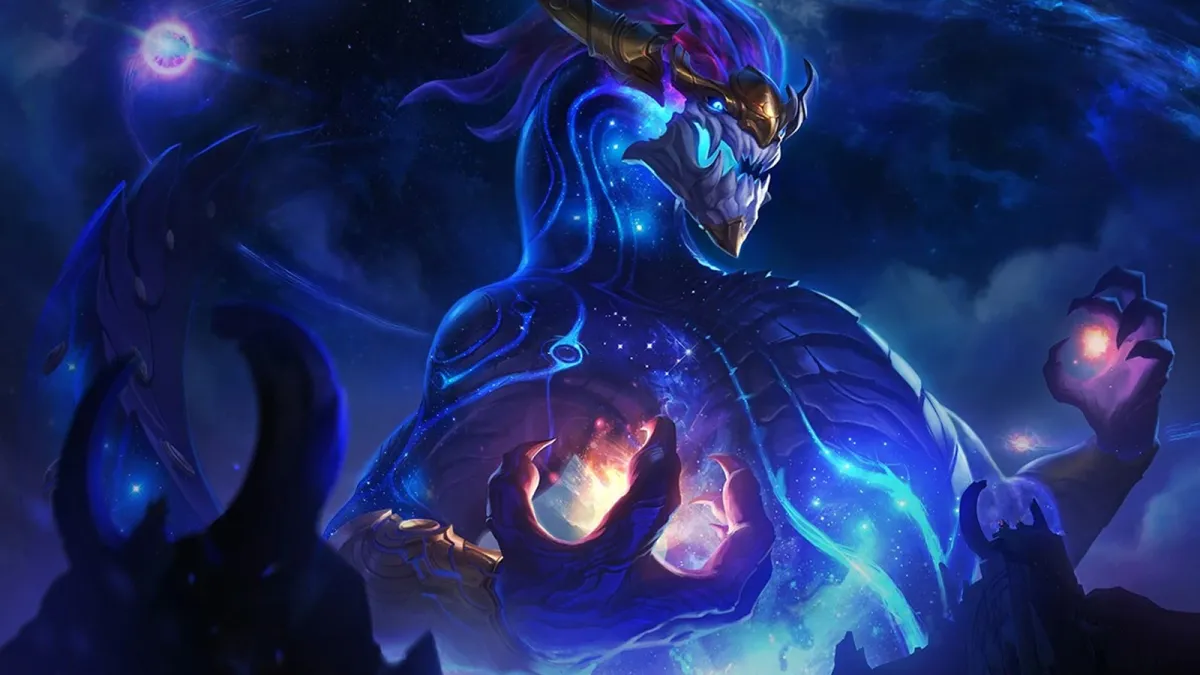
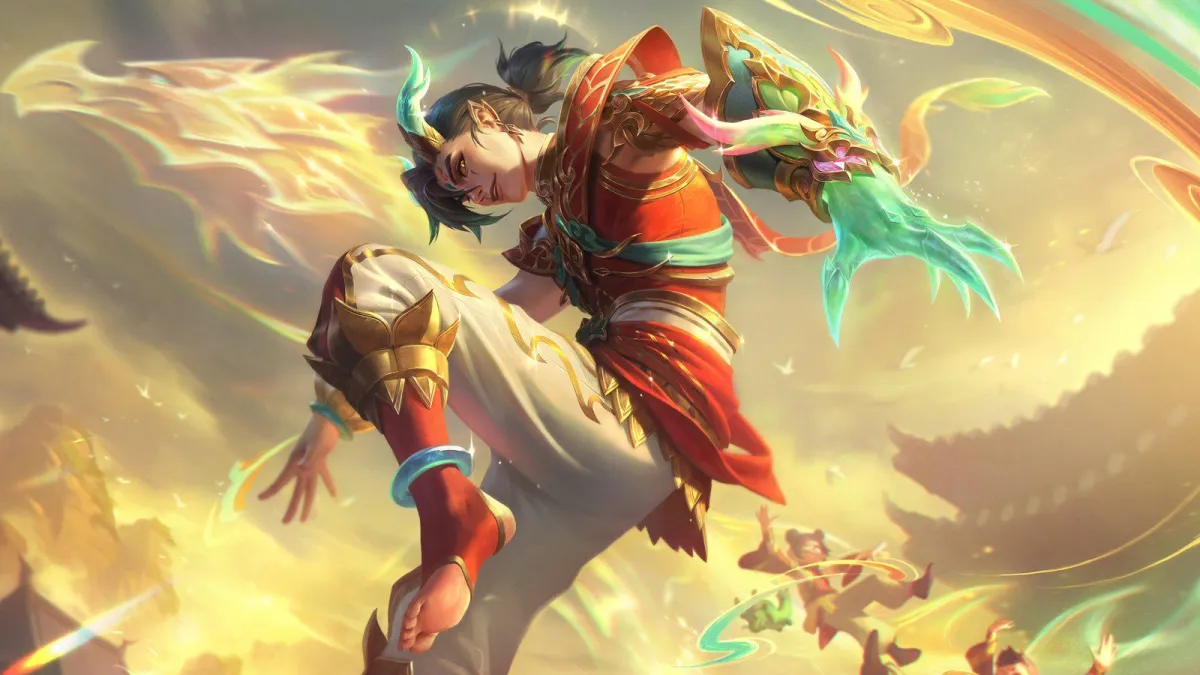
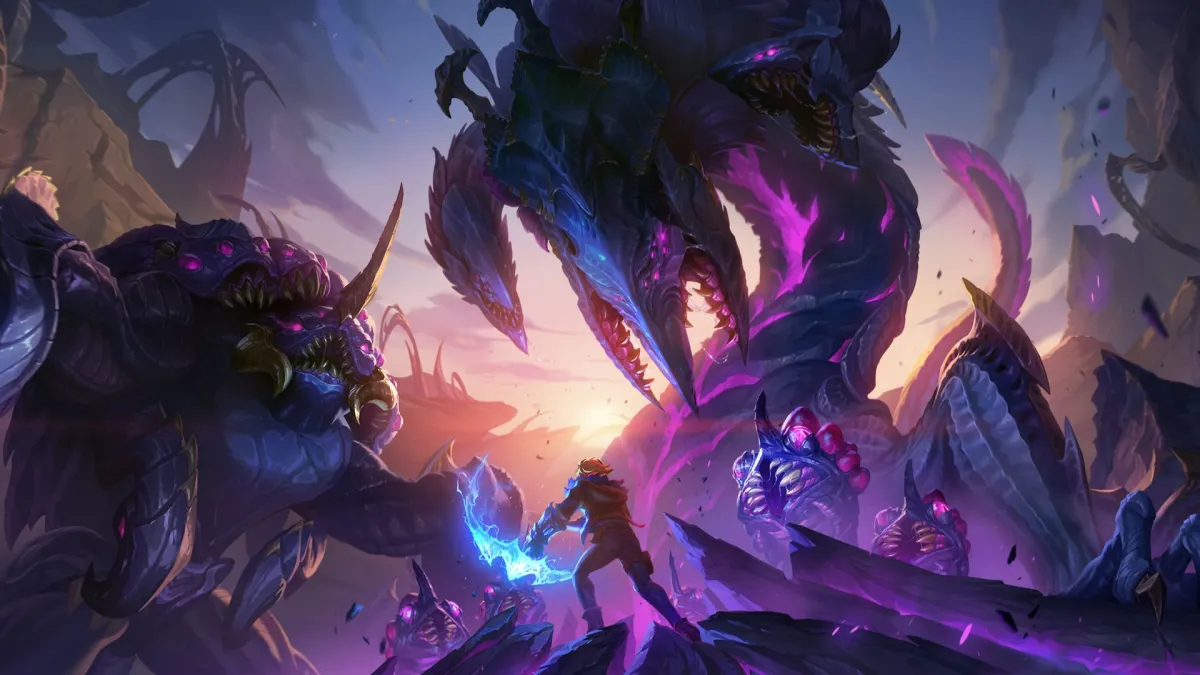
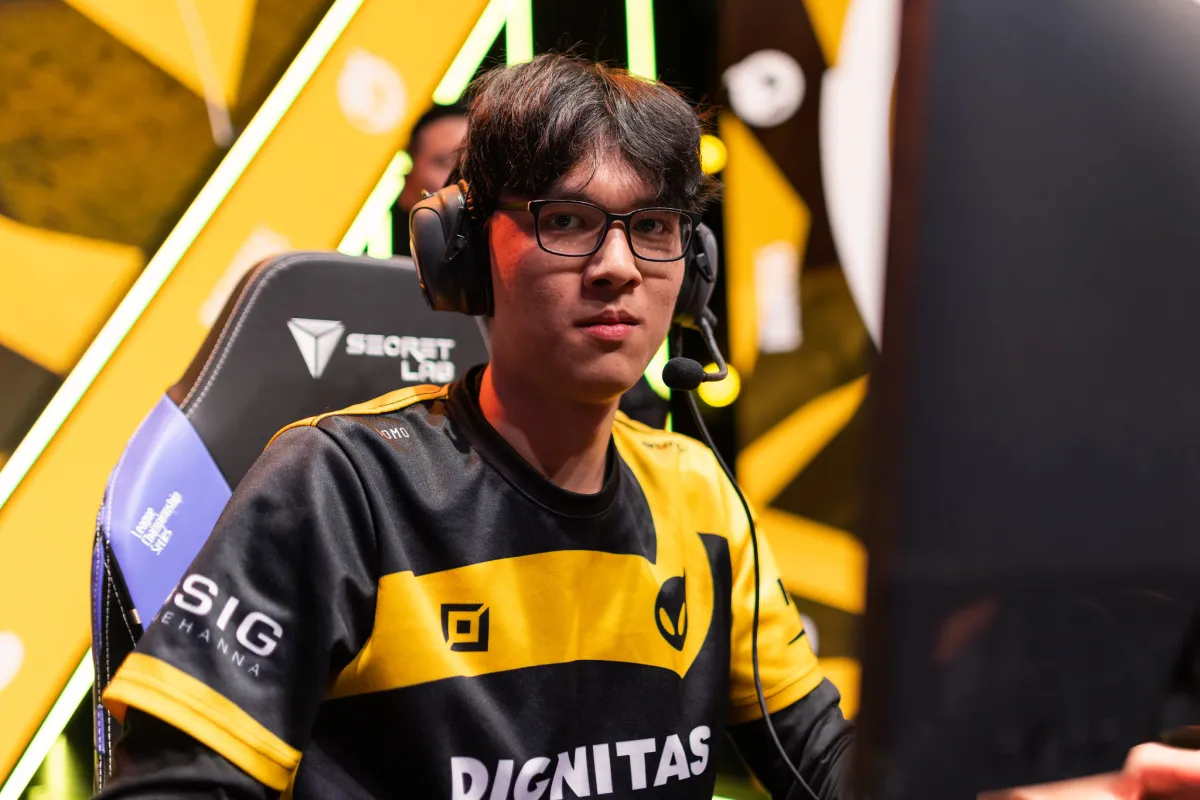
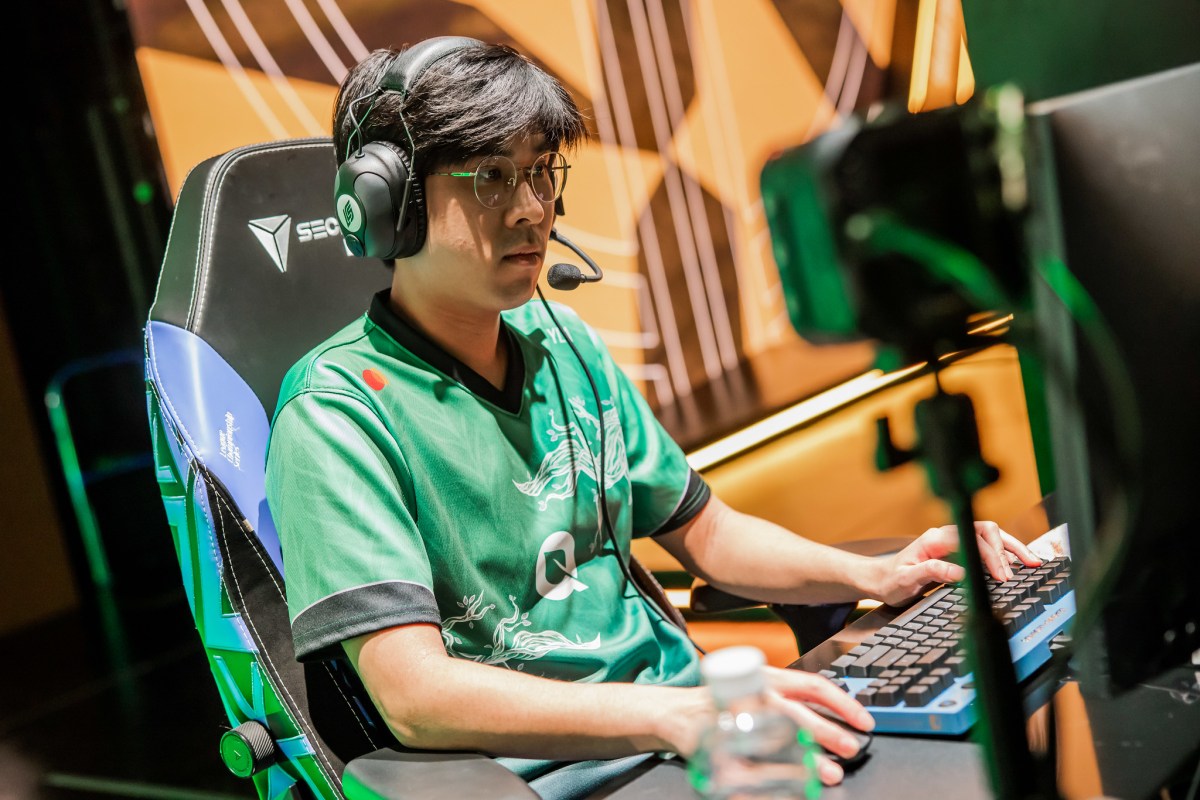

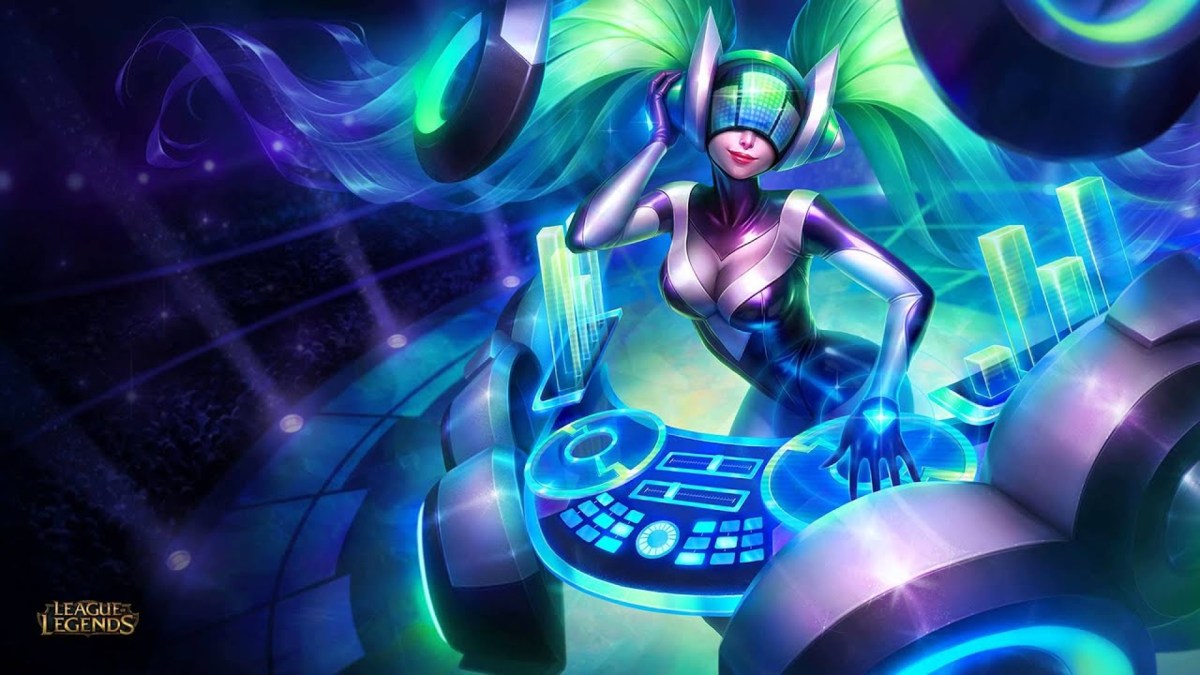

Published: Dec 27, 2021 10:51 pm